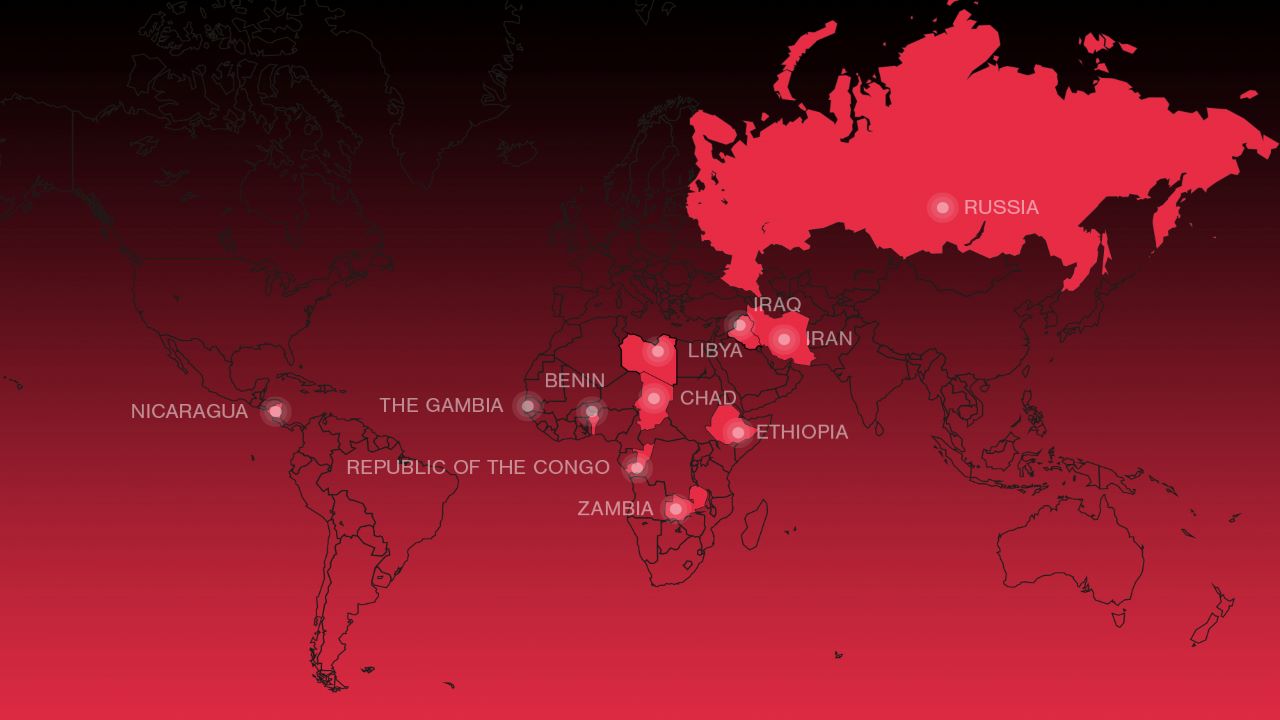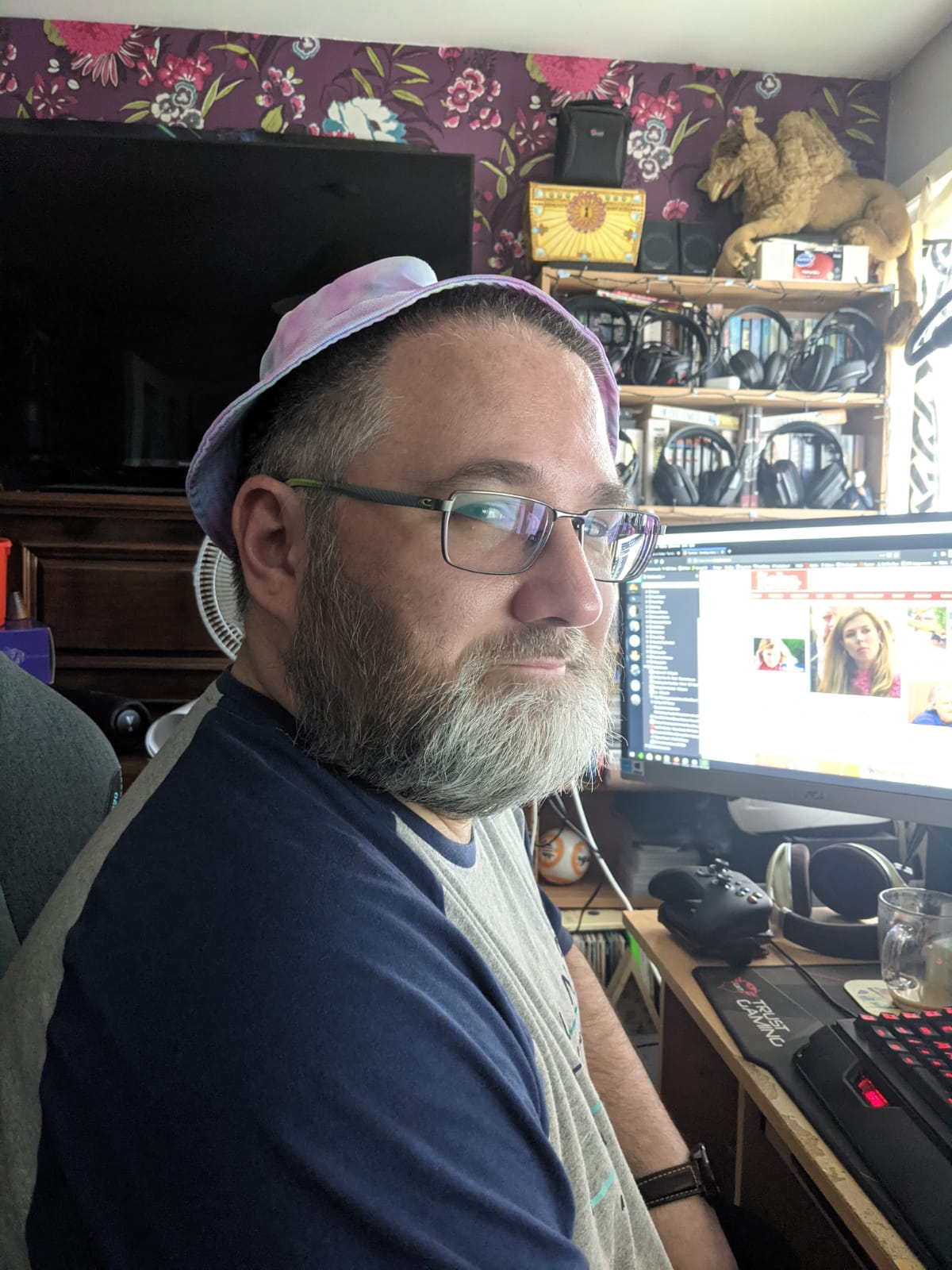Why are internet blackouts so devastating?
In the 21st century, blocking internet access has huge conseqences

These days it’s hard to imagine a time without the internet. We're used to having a world of resources at our fingertips, being able to buy the things we want in moments, and instantly get up-to-date news.
We all know the frustration of not having internet access or our favorite sites suddenly becoming unavailable – but what if it was your government that turned the internet off, not just for you, but for everyone?
In the 21st century, internet blackouts (also known as internet shutdowns) are no longer a random annoyance, they're a tool of the state to control the flow of information and limit the ability of its citizens to communicate with one another. According to Surfshark's research, there have been 834 different blocks/disruptions around the world since 2015.
Just this year, the governments of both Venezuela and Turkey instituted partial internet blackouts, blocking access to social media platforms and opposition political party websites, forcing its citizens to turn to VPNs to get around these blocks. While many people use VPNs to unlock streaming content, our pick of the best VPNs can also be an invaluable tool for staying connected and informed for those living in repressive or censorious states.
Whether you're directly affected by a blackout or not, it can be hard to measure the impact they have on people, on their rights and freedoms, and on their digital privacy. I'll take a look at how internet blackouts happen and the impact they can have in an age where humanity is more connected than ever – but the links between us remain all too easy to sever.
What is an internet blackout?
An internet blackout, simply put, is a measure that prevents access to online content. It can be a complete shutdown of all internet access, such as in Sudan, Mauritania, or Iraq, or it can be more targeted, with the government blocking specific websites.
This usually involves social media platforms such as Twitter/X, Instagram, and the like, but can also involve blocking of news sites, or political sites, to hamper the democratic process.
An internet blackout is a measure that prevents access to online content regionally or nationally.
They can be motivated by some form of political unrest or upheaval, and can take place across the entire country, but are also sometimes region-specific as a response to specific local events, as happened in Udaipur, India in August 2024.
I should also stress that the blackouts I'm discussing here aren't caused by a cyber attack like WannaCry or someone cutting an internet cable under the ocean. These blackouts are deliberate acts of censorship by repressive governments who want to control the flow of information to their citizens
Who causes internet blackouts?
It isn't just governments that can control access to the internet. Schools, workplaces, and individual ISPs can and do restrict access to a variety of sites.
Usually, these are more concerned with blocking sites that could be problematic, such as pornographic websites, and don't often go as far as blocking internet access completely. It's governments who flip the off-switch for the internet as a whole.
Internet blackouts often make it difficult to access political websites belonging to opposition parties.
These governments will always claim that they have a legitimate reason to cut off the internet: they're protecting their nation's security, for example, or preventing violence from foreign agitators or preventing the spread of misinformation.
Privacy advocates claim that these blackouts are simply another form of control and censorship used by repressive regimes to protect their hold on power.
The consequences of internet blackouts
Internet blackouts, whether targeted at specific locations and services, or a country-wide outage, can have a huge impact on citizens suddenly deprived of a cornerstone of society in the 21st century.
In 2016 the United Nations even stated that it considers internet access to be a human right, so shutting down the internet, or deliberately blocking the ability for people to share and discuss information, is a step that has major consequences -
What can you do to combat internet blackouts?
There are ways to fight back against internet blackouts, but it will depend on how severe they are. There are also ways to track which countries are currently experiencing some sort of internet blackout or shutdown all over the world.
Here's a list of useful resources you can use to stay informed.
- ProtonVPN Observatory: to see how people fight back against online censorship and blackouts, Proton VPN tracks significant upticks in people using and signing up for its product. Usually, these surges coincide with a government crackdown on specific platforms and sites.
- Netblock: this site highlights instances of government censorship and tracks all manner of internet outages and service degradation issues that can come about as a result of natural disasters – such as the damage caused in North America by Hurricane Helene in 2024.
- Pulse: the Internet Society created this site to track national and regional internet shutdowns around the world. This also includes blocks applied to websites and applications such as messaging platforms and social media.
- VPNs: a valuable tool in the arsenal of anyone fighting against government censorship. Thanks to their ability to spoof your real-world location and connect to servers in other countries where these apps and sites aren't blocked, citizens will still be able to keep in touch with loved ones, access new sites, and use messaging and social media platforms to organize. While we do recommend that a paid secure VPN is the best way to go, in instances of government censorship and internet crackdowns, even one of our recommended free VPNs will allow folks to stay in touch and stay informed.
Disclaimer
We test and review VPN services in the context of legal recreational uses. For example: 1. Accessing a service from another country (subject to the terms and conditions of that service). 2. Protecting your online security and strengthening your online privacy when abroad. We do not support or condone the illegal or malicious use of VPN services. Consuming pirated content that is paid-for is neither endorsed nor approved by Future Publishing.

After graduating from Stirling University with a qualification in Education, Shaun accidentally fell into the technology sector in the late 1990's and has stayed there ever since, working for companies such as PSINet, IBM and ProPrivacy in a variety of roles from Systems Administration to Technical Writer. Being around since the birth of the modern internet, he's seen the way that technology has expanded to become an integral part of everyday life, and how people's understanding and ability to retain any kind of privacy has lagged behind.
Shaun is a strong believer in the rights of the individual to have their personal data protected and their privacy respected – a belief made all the stronger in an age of surveillance from both governmental bodies and private companies all around the world.
He spends his spare time cooking, riding his motorbike and spending far too many hours in Star Trek Online hunting Klingons and Borg.